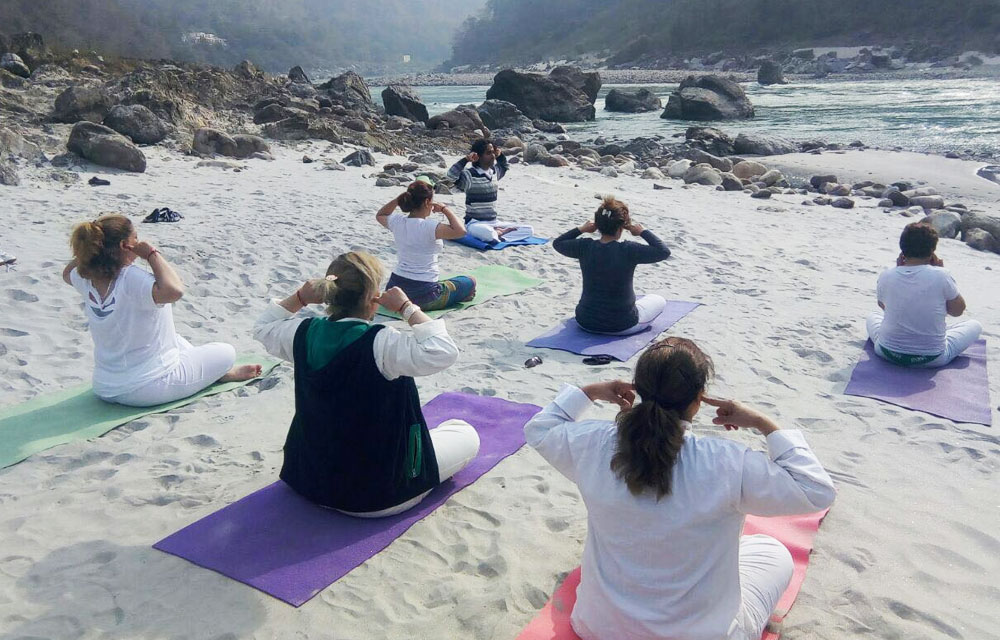
Embracing Light: Depression Retreats for Inner Healing
In the fast-paced world we live in, the burden of stress, anxiety, and depression often looms over our lives. The demands of modern life can be overwhelming, leaving us mentally and emotionally exhausted. In such challenging times, the concept of a depression retreat has gained significant attention. These retreats provide a safe and serene environment for individuals to heal, reconnect with themselves, and embrace the light within. In this article, we will explore the world of depression retreats, their benefits, and how they can facilitate inner healing.
Understanding Depression
Before delving into the world of depression retreats, it’s important to have a clear understanding of depression. Depression is a complex psychological well-being problem that influences a large number of individuals around the world. It can manifest in various forms, including persistent sadness, loss of interest in activities, and feelings of hopelessness. Depression not only impacts an individual’s emotional well-being but also takes a toll on their physical health, relationships, and overall quality of life.
Traditional Approaches to Treating Depression
Historically, depression has been treated with psychotherapy and medication. These methods have proven effective for many individuals, but they may not be suitable for everyone. Some people seek alternative approaches that go beyond conventional therapy and pharmaceuticals. This is where depression retreats come into play.
Depression Retreats: An Overview
Retreat for depression, often nestled in serene and natural surroundings, offers a holistic approach to healing and well-being. These retreats are designed to help individuals suffering from depression reconnect with themselves, find solace, and rediscover their inner light. They provide a nurturing and supportive environment where participants can explore a variety of healing modalities.
The Benefits of Depression Retreats
A Break from Routine: Depression retreats offer a break from the daily grind and provide a chance to disconnect from the sources of stress and anxiety. This respite can be incredibly rejuvenating.
Holistic Healing: Depression retreats often employ holistic approaches that combine therapy, meditation, yoga, and other practices to promote healing at multiple levels – physical, emotional, and spiritual.
Nature’s Healing Power: Many retreats are located in picturesque natural settings, allowing participants to reconnect with the healing power of nature. Spending time in the great outdoors can have a profound impact on one’s mental state.
Professional Guidance: Retreats are typically led by experienced professionals, including therapists, counselors, and holistic healers. These experts guide participants through their healing journey.
Peer Support: Participants at depression retreats often find comfort and strength in the company of others who are experiencing similar challenges. Sharing experiences and receiving support from peers can be immensely therapeutic.
Common Practices at Depression Retreats
Depression retreats incorporate various practices to facilitate inner healing. Probably the most widely recognized rehearses include:
Mindfulness Meditation: This practice helps individuals become more aware of their thoughts and feelings, allowing them to better manage stress and anxiety.
Yoga and Physical Activities: Physical wellness is closely linked to mental health. Yoga and other physical activities can help release pent-up tension and improve overall well-being.
Art and Creative Therapy: Expressing emotions through art and creative activities can be a powerful way to process and heal from depression.
Nutrition and Wellness: Proper nutrition and wellness programs are often incorporated to address physical health, which in turn can have a positive impact on mental well-being.
Therapeutic Counseling: Individual and group therapy sessions are common at depression retreats, providing a safe space for participants to explore their emotions and experiences.
Silent Retreats: Some retreats incorporate periods of silence, allowing participants to focus inward and engage in deep self-reflection.
Choosing the Right Depression Retreat
When considering a depression retreat, it’s essential to do thorough research and choose one that aligns with your needs and preferences. Factors to consider include location, duration, cost, the expertise of facilitators, and the specific programs offered.
Conclusion: Embracing Light Through Depression Retreats
Depression retreats provide a unique opportunity for individuals struggling with depression to find solace, heal, and embrace the light within. By offering a combination of holistic healing modalities, professional guidance, and the support of peers, these retreats empower participants to take control of their mental health.
It’s memorable’s vital that depression is a complicated condition, and what works for one individual may not work for another. Depression retreats should be viewed as a complementary approach to traditional treatments. Before considering a retreat, it’s advisable to consult with a mental health professional to determine the best course of action for your specific situation.
In a world where mental health concerns are increasingly prevalent, depression retreats offer a ray of hope. They remind us that healing, self-discovery, and embracing the light within are achievable goals, even in the midst of life’s darkest moments.
If you or someone you know is struggling with depression, remember that help is available. Reach out to a mental health professional or explore the possibility of a depression retreat to embark on a journey of healing and self-discovery.


